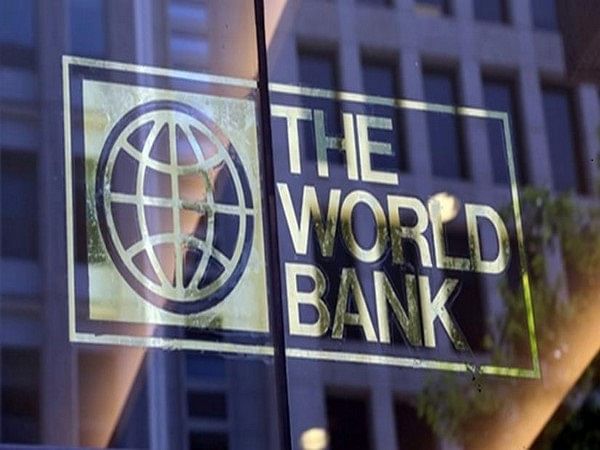New Delhi [India], December 5 (ANI): In a study aimed at understanding the impact of climate change on household vulnerability, it has been revealed that over 4.5 billion people, constituting more than half of the global population, are at high risk of experiencing extreme weather events.
According to the World Bank, the study emphasizes the critical need for nations to address the rising threats posed by climate-related shocks and implement measures to protect their populations.
The research, conducted across 75 countries covering 77 per cent of the world’s population, provides detailed insights into the dynamics of vulnerability concerning climate change. The analysis includes indicators such as income levels, education, access to water and electricity, social protection coverage, and access to financial services.
The study estimates that around 4.5 billion people are highly vulnerable to extreme weather events, including floods, droughts, cyclones, and heatwaves. Of these, approximately 2.3 billion fall under the category of poor, living on less than USD 6.85 per day, and nearly 400 million are considered extremely poor, living on less than USD 2.15 per day (2020 data).
Contrary to the assumption that poverty is the sole driver of vulnerability, the study highlights that non-poor households are also at risk of severe impacts or welfare losses. It underscores the importance of considering multiple dimensions to comprehensively assess vulnerability.
Hazard, exposure, and vulnerability collectively determine the impact of extreme weather events on people.
Hazard refers to the potential occurrence of such events, exposure identifies who or what could be affected, and vulnerability estimates the degree of adverse impact.
Household vulnerability is determined by factors such as income, education, access to basic infrastructure, social protection, and financial services.
With 42 per cent of the total population (70 per cent of those exposed) at high risk from extreme weather shocks in 2019, urgent action is needed to mitigate the impacts of climate change.
The study emphasizes the interconnectedness of various dimensions and advocates for a holistic approach to address vulnerability.
While the number of people exposed to extreme weather events increased between 2010 and 2019 in several countries, the number at high risk declined during this period.
Sub-Saharan Africa stands out as an exception, with an increase in the number of people at high risk.
The study reveals that vulnerability is influenced by a combination of factors, with households considered vulnerable if they are likely to experience severe losses and lack the capacity to cope and recover.
Lack of access to basic infrastructure, insufficient income, and limited adaptability contribute to vulnerability.
The research covers 75 countries representing 77 per cent of the world’s population, offering a comprehensive overview.
However, data limitations, particularly in regions like India, impact the accuracy of vulnerability assessments, calling for continued efforts to improve data coverage.
The study underscores the need for countries to urgently address the impacts of climate change, implement adaptive strategies, and safeguard vulnerable populations.
As extreme weather events become more frequent, the study provides a roadmap for policymakers to tailor interventions that consider the multifaceted nature of vulnerability, ensuring a resilient and sustainable future for populations worldwide. (ANI)
This report is auto-generated from ANI news service. ThePrint holds no responsibility for its content.



